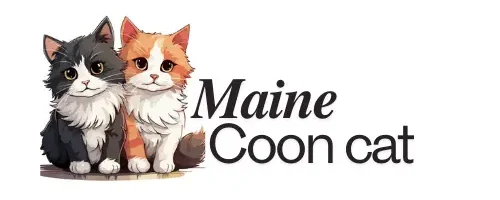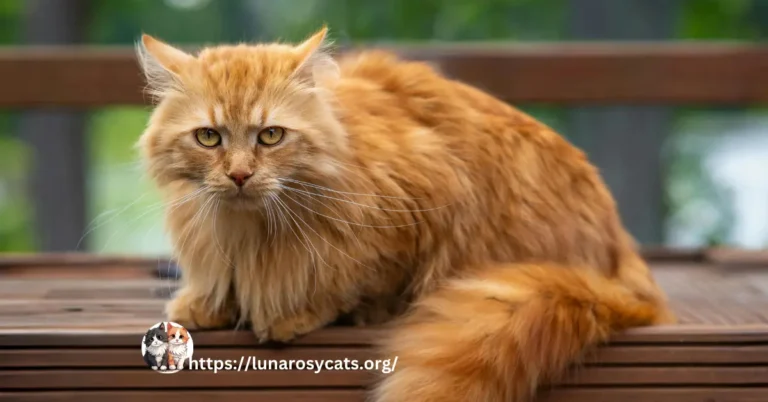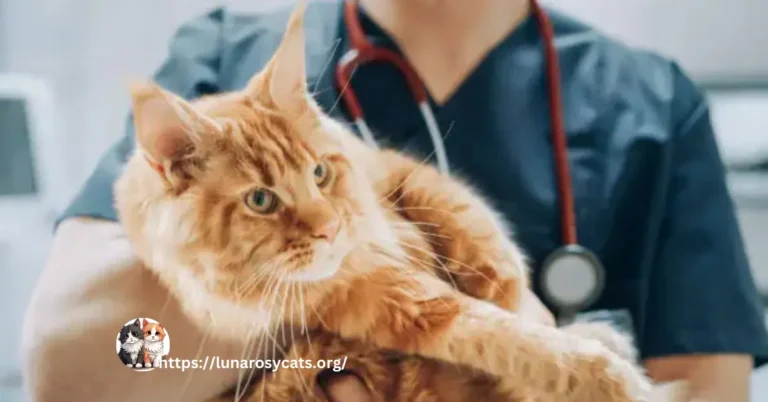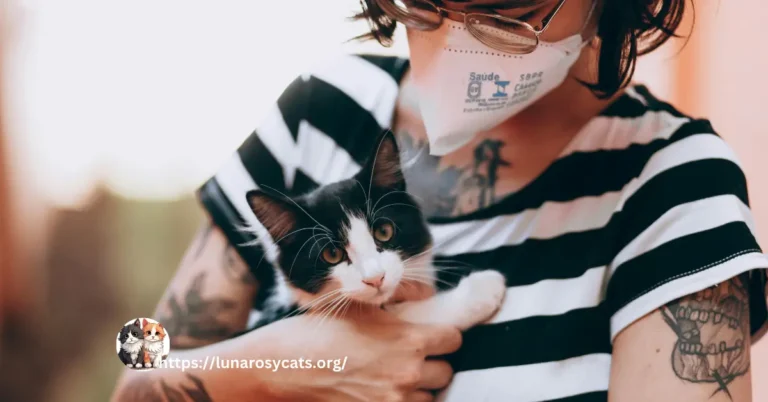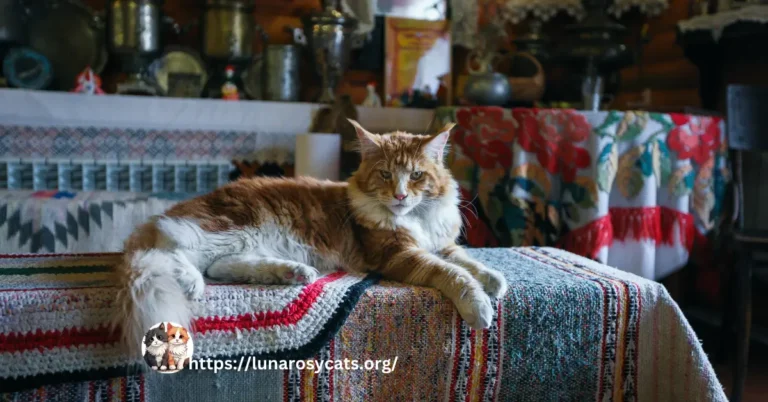Maine Coon Health Problems, all You Need To Know,top Solutions!
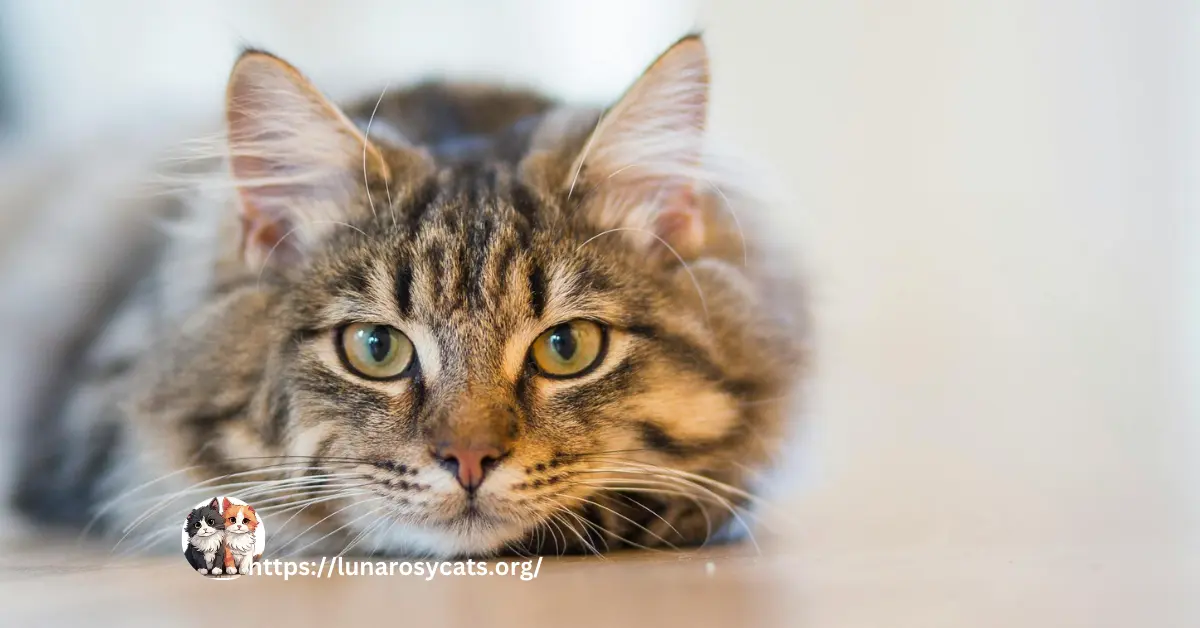
Maine Coons are known for their size, beauty, and friendly nature. However, as a large breed, they are predisposed to specific health problems. Being aware of these issues and understanding how to prevent or treat them is key to ensuring your cat leads a healthy, happy life.
In this article, we’ll discuss the most common health problems affecting Maine Coons, top solutions, and preventive care tips to keep your beloved pet in the best condition.
Common Maine Coon Health Problems and Solutions
Although Maine Coons are generally healthy, their size and genetics make them vulnerable to certain conditions. Here’s a closer look at these problems and the steps you can take to help your cat:
1. Hypertrophic Cardiomyopathy (HCM)
What is it?
Hypertrophic Cardiomyopathy (HCM) is a heart condition where the walls of the heart thicken, making it harder for the heart to pump blood effectively. This condition is common in Maine Coons and is inherited.
Symptoms:
- Labored breathing
- Lethargy or reluctance to move
- Loss of appetite
- Sudden collapse or fainting
Solution:
Though HCM cannot be cured, early diagnosis is critical. Regular heart screenings through echocardiograms (especially if your cat’s parents had HCM) can detect the disease early. Cats diagnosed with HCM can be treated with medications like beta-blockers and diuretics to help the heart function more efficiently and reduce fluid buildup.
Prevention Tip:
If buying a Maine Coon kitten, make sure to choose a breeder who tests for HCM in their breeding cats.
2. Hip Dysplasia
What is it?
Hip dysplasia is a genetic disorder that occurs when the hip joint doesn’t fit properly in the socket, leading to arthritis and chronic pain. Maine Coons are more prone to this due to their large size.
Symptoms:
- Limping or stiffness
- Difficulty climbing stairs or jumping
- Pain when being touched near the hips
- Decreased activity or playfulness
Solution:
Treatment depends on the severity of the condition. Mild cases can be managed with joint supplements like glucosamine, maintaining a healthy weight, and physical therapy. Severe cases might require surgery to correct the joint.
Prevention Tip:
Prevent obesity by feeding your Maine Coon a balanced diet and providing regular exercise. Weight control can greatly reduce pressure on the joints.
3. Spinal Muscular Atrophy (SMA)
What is it?
Spinal Muscular Atrophy (SMA) is a genetic disease that affects the muscles and motor neurons, leading to muscle wasting. It’s not painful but can impact mobility over time.
Symptoms:
- Weakness in the hind legs
- Wobbly walking
- Muscle loss
Solution:
There is no cure for SMA, but cats can live a comfortable life indoors with a few adjustments. Create a safe environment with ramps, soft bedding, and avoid areas that require jumping.
Prevention Tip:
Before adopting or purchasing a Maine Coon, ask if the breeder screens for SMA to reduce the risk of the condition.
4. Polycystic Kidney Disease (PKD)
What is it?
PKD causes fluid-filled cysts to develop in the kidneys, eventually leading to kidney failure. Though more common in Persian cats, Maine Coons can also be affected.
Symptoms:
- Increased thirst
- Frequent urination
- Loss of appetite and weight
- Lethargy
Solution:
An ultrasound can detect PKD early. While there is no cure, a kidney-friendly diet and medications prescribed by your vet can slow the disease’s progression. Keeping your cat hydrated is also important.
Prevention Tip:
Regular check-ups and bloodwork to monitor kidney function are essential for Maine Coons diagnosed with PKD.
5. Periodontal Disease
What is it?
Periodontal disease, or gum disease, occurs when plaque builds up on your cat’s teeth, leading to gum infections and tooth loss.
Symptoms:
- Bad breath
- Red or swollen gums
- Difficulty eating
- Loose teeth
Solution:
Prevention is the best treatment! Brush your Maine Coon’s teeth 2-3 times a week using cat-specific toothpaste. Regular dental check-ups and professional cleanings at the vet can prevent serious gum disease.
Prevention Tip:
Start brushing your cat’s teeth while they are young, so they get used to it. Dental chews can also help reduce plaque buildup.
Preventive Care Tips for Maine Coon Cats
In addition to being aware of potential health problems, preventive care is essential for keeping your Maine Coon healthy:
- Regular Vet Check-Ups:
Early detection of health issues is crucial. Make sure your Maine Coon has an annual check-up, including heart, hip, and dental screenings. - Balanced Diet and Weight Management:
A healthy, nutrient-rich diet with omega fatty acids can help maintain joint, heart, and kidney health. Keep your cat at a healthy weight to avoid putting stress on the joints. - Exercise and Mental Stimulation:
Maine Coons are active and playful. Keep them physically engaged with toys, climbing structures, and interactive playtime to maintain muscle strength and mental well-being. - Genetic Testing Before Adoption:
If you’re purchasing a Maine Coon from a breeder, ask about genetic testing for conditions like HCM, SMA, and PKD. Reputable breeders should screen their cats to minimize the risk of passing on genetic diseases.
FAQs
Q: How often should I take my Maine Coon to the vet?
A: An annual vet check-up is essential, but if your cat is diagnosed with a health condition, you may need to visit the vet every 6 months for monitoring.
Q: Can these genetic diseases be cured?
A: Most genetic conditions, like HCM and SMA, cannot be cured but can be managed with proper care, medication, and a healthy lifestyle.
Q: How can I prevent hip dysplasia in my Maine Coon?
A: While hip dysplasia is genetic, maintaining a healthy weight and providing joint supplements can help reduce symptoms and improve your cat’s comfort.
Conclusion
Maine Coons are affectionate, beautiful companions, but they are prone to certain health issues due to their size and genetics. Being informed about conditions like HCM, hip dysplasia, and PKD can help you take preventive steps and seek early treatment if needed. Regular vet visits, a balanced diet, and appropriate exercise are essential in keeping your Maine Coon healthy and ensuring a long, happy life.
